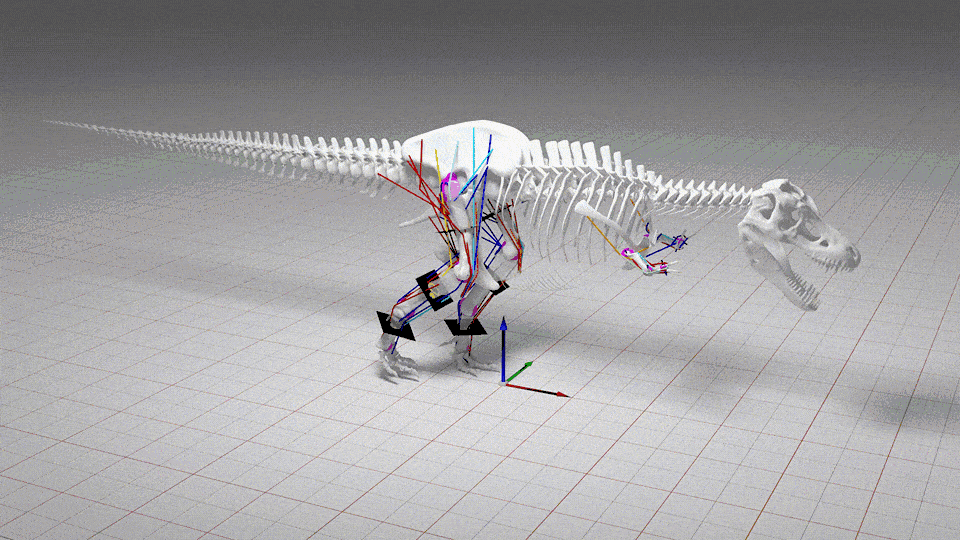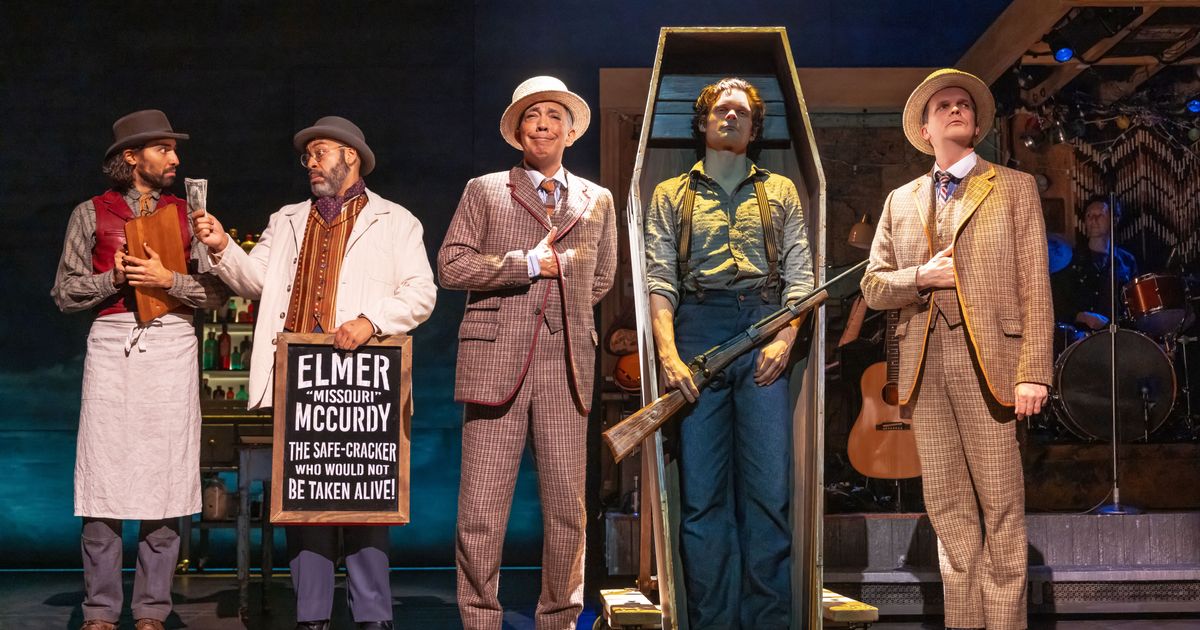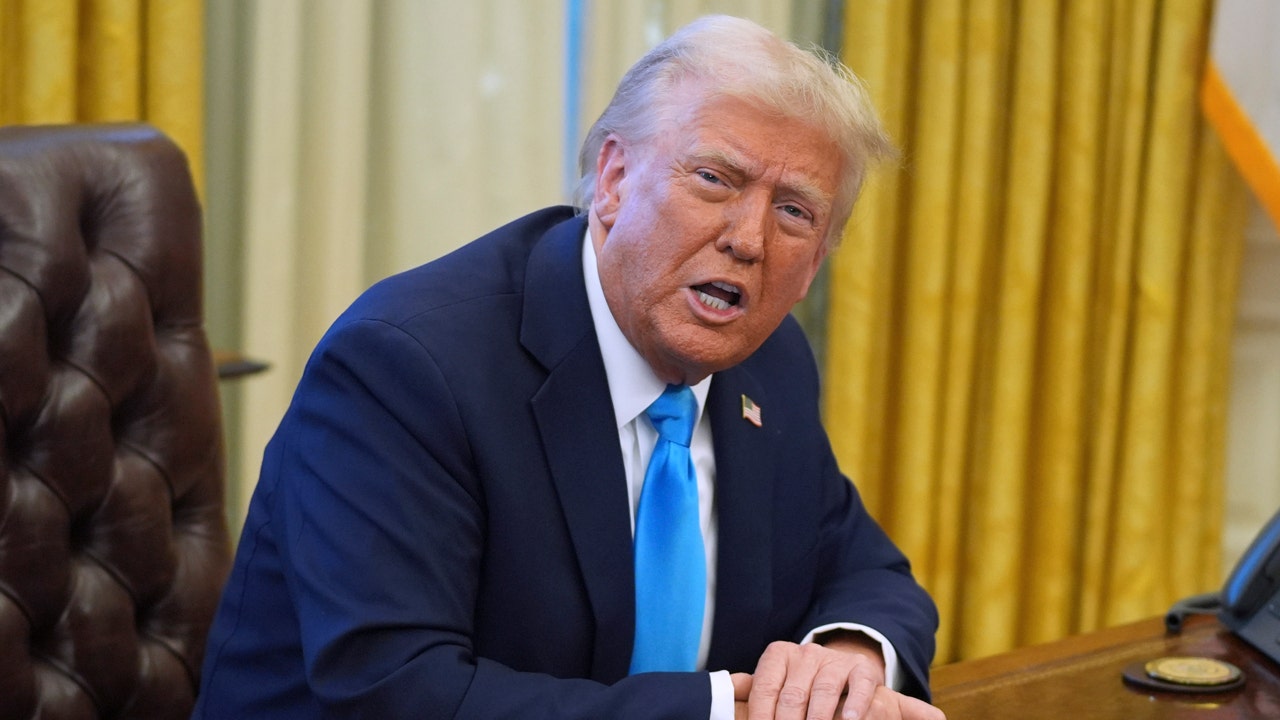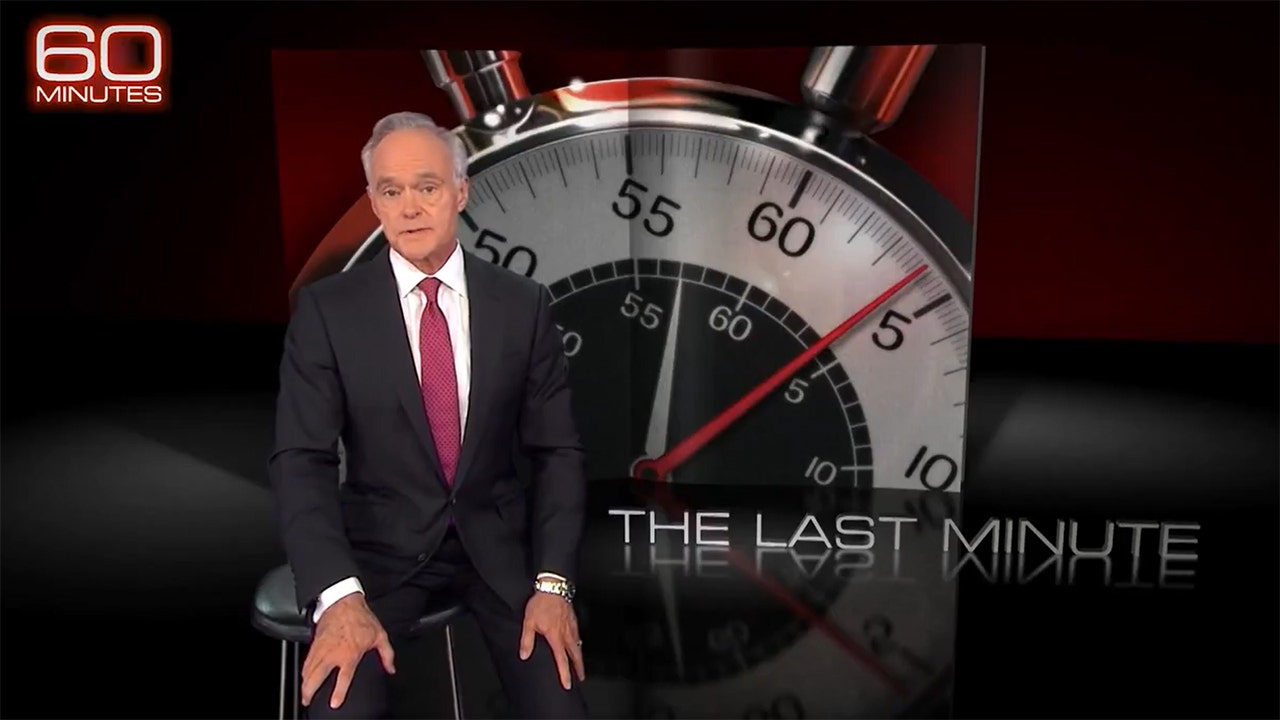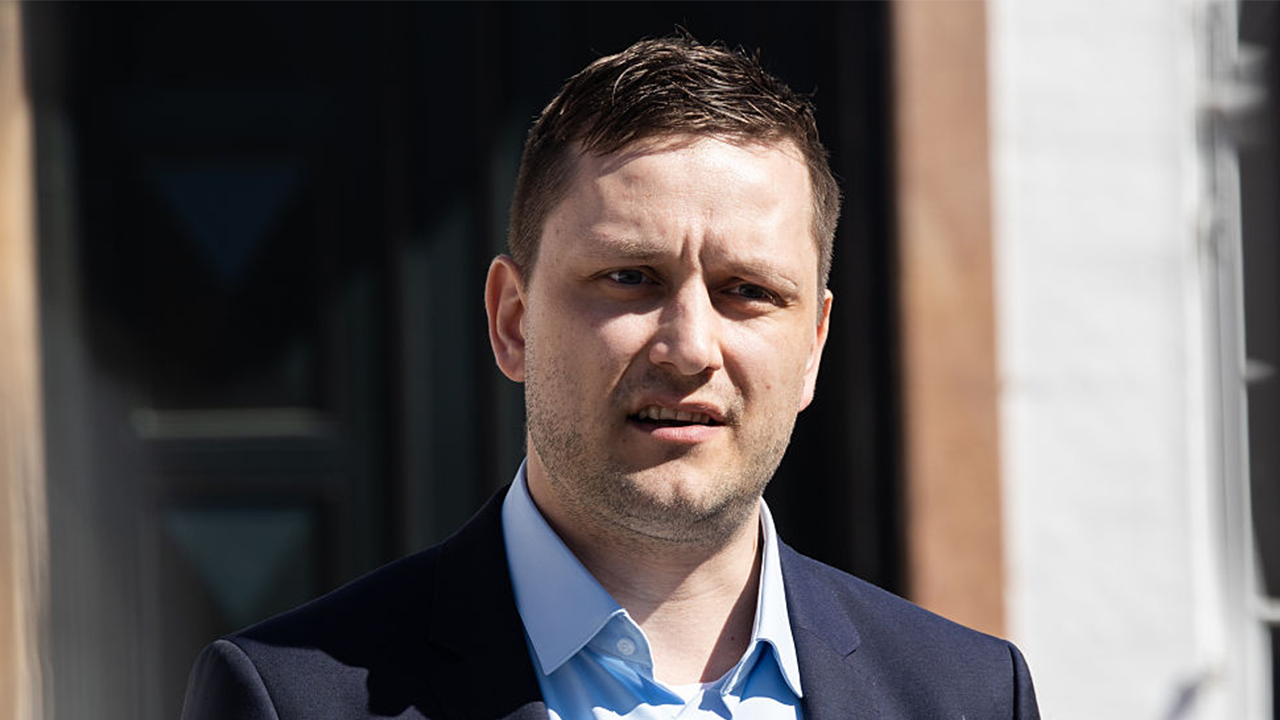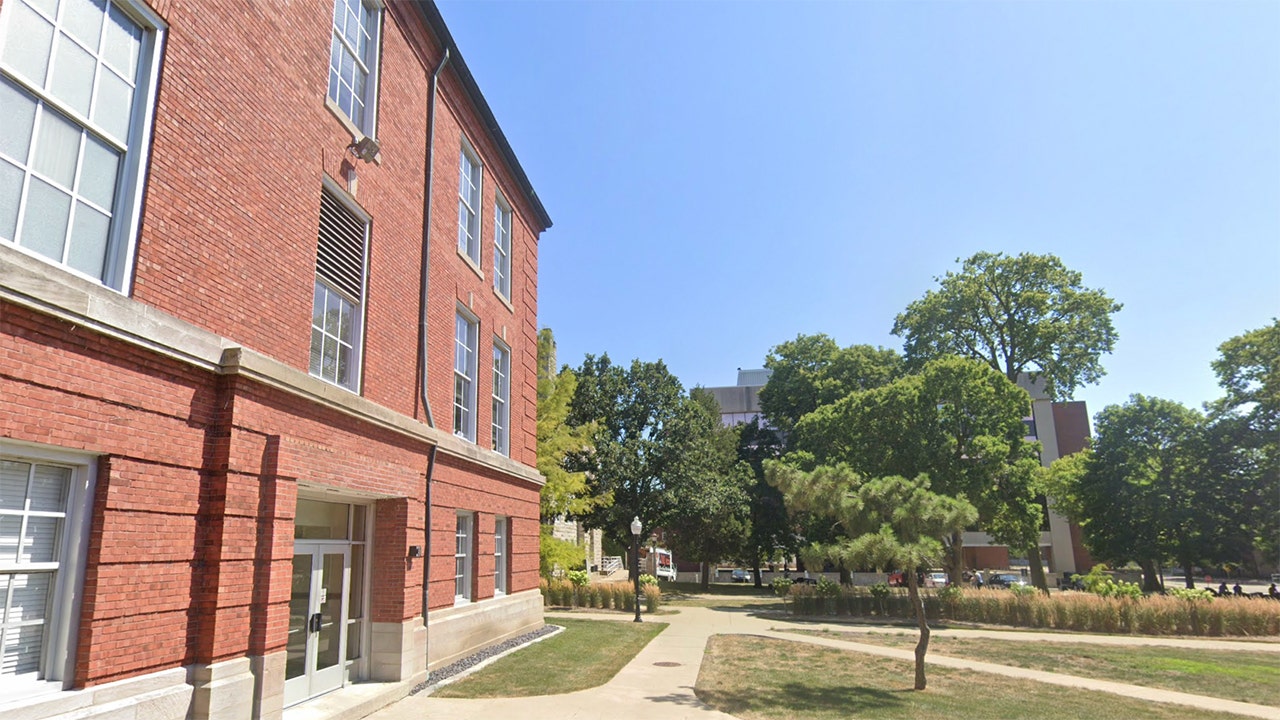At the end of this Broadway season, it’s become clear that its marquee star has been the human corpse. It was used for spycraft in Operation Mincemeat and reanimated, with a bonus makeover, in Death Becomes Her. In Floyd Collins, we watched a man alone near death. In Our Town, we heard the dead speak at a cemetery. (And in Swept Away’s brief voyage, they were eaten.) Simultaneously, we’ve spent a season watching the living as their souls are gobbled up by the pursuit of fame: Norma Desmond in Sunset Blvd. a British singer chasing Hollywood stardom in The Hills of California, Madame Rose in Gypsy. Sometimes death is itself the spectacle, the thing that people are really here to see, as in the double-suicide of Romeo + Juliet. Dead Outlaw wraps up the spring themes up nicely: There’s always money to be made in putting the dead on display.
That Dead Outlaw so neatly reflects the zeitgeist as it transfers uptown is representative of the way David Yazbek, Erik Della Penna, and Itamar Moses’s deceptively small-scale musical follows the stream of the hyperspecific into deep and vast currents in the American psyche. We start, in David Cromer’s typically astute staging, with what appears to be a garage band performing in a box that looks a bit like a shipping container holding a honky-tonk bar. The bandleader, Jeb Brown, with a delivery that would be right at home on a radio show like A Prairie Home Companion, introduces the story of Elmer McCurdy, which would be wild enough even if you left off all that happened after his death. Born in Maine into an unhappy family life in 1880, with a mother that wasn’t actually his mother, he bounced between homes, then fled west, eventually joining the army, then trying to put what little he’d learned about explosives to use in robbing banks. Andrew Durand, as McCurdy, lends him a square-jawed masculine resentment and entitlement. After settling down in one spot with a fake identity, he gets drunk and blows his life up for no particular reason, barreling into a scorching rock rager about how he killed a man back in Maine. “This was very likely not true,” Brown’s bandleader says dryly after the number, in one of many moments of leathery wit. McCurdy, he’s suggesting, was already self-mythologizing, playing the part he, as a disaffected white guy in the west, thought he was supposed to play. In his final act—a bungled attempt to loot the “Katy Train,” which delivered money to the Osage Nation for their mineral rights, because he believes they don’t deserve it—he’s shot dead.
That’s no spoiler, because what happens next is what makes Dead Outlaw compelling. McCurdy’s body, never claimed by a relative, ends up in an increasingly degrading series of increasingly odd entertainments. Durand is placed into a coffin facing the stage, his fingers curling as McCurdy’ ossifies, and then stays there for pretty much all of the rest of the show—I have no idea how he’s able to exert that level of muscle control. And that corpse really gets around, in carny museums and in the sideshow accompanying a transcontinental race and then in a couple of schlock movies. Moses’s book cuts between that country-traversing path and Elmer’s rediscovery in 1976—accidentally, by a film crew prepping an episode of The Six Million Dollar Man, a fact among the thousand pearl-like details the show serves up to you. There, we see the careful hand of L.A. coroner-to-the-stars Dr. Thomas Noguchi, played by Thom Sesma, sussing out what he can from bits of detritus left behind on and in McCurdy’s body. Sesma provides the show with its incandescent and appropriately surreal 11 o’clock number, in which the coroner turns Rat Pack showman, announcing his final authority over the dead. “Truth, when we conceive it, and when we believe it,” he croons, “That’s when your story’s finally ours.”
The truth, how much we can know of it, forget of it, and willfully obscure it, is really Dead Outlaw’s primary fascination, and where it brings the form of a musical to such productive use—and to self-examination. The show is as obsessed with the rough contours of historical fact as, and this is usually where the songs come in, the mythology we invent to ignore that fact. Moses’s book eddies around with the energy of someone reporting back from a very long and strange evening clicking through Wikipedia links, enjoying every chance to add a tangent. During that cross-country race, for instance, we spend time with Andy Payne (Trent Saunders, with a powerful voice that charges the whole theater with electricity), a Cherokee farmer and amateur runner who manages to win the thing and pay off his family debts. In his moment, Yazbek and Della Penna’s songs fill in what’s emotionally possible, if not necessarily true. Maybe—who knows?—Payne stopped by the sideshow one night to look at Elmer’s mummy and think about death. The show is full of such hypotheticals, generous in the ways it imagines how these people, infamous or not, made do in extremely odd circumstances. Maybe—who knows?— the daughter of that film director (played by Julia Knitel, flinty and excellent in multiple turns as the show’s various female characters) who used Elmer as a prop really did form a strange emotional bond with him, and (as the show hints) missed him when she went off to college. I could keep going. Cromer and his cast have created detailed miniature portraits, even in the briefest appearances of some characters. Eddie Cooper, for instance, is just great as a mortician who eases into his slimy trade, and Ken Marks is memorably intense as General Douglas MacArthur (yeah, somehow he’s in this too). Dead Outlaw’s peculiarities are enhanced by the way it foregrounds its cast’s own idiosyncrasies. It was originally produced by Audible, and even now, you could close your eyes and just enjoy the unique texture of each actor’s timbre. You’d miss the inky cloak of Heather Gilbert’s chiaroscuro lighting, though, and the way that Arnulfo Maldonado’s set shuffles that container with the band around the stage, revealing a Hudson River School-esque landscape painted on the back walls. It’s at the root of all these rollicking Old West stories, the false promise of that expanse.
In one of Dead Outlaw’s loveliest hypotheses, it wonders if maybe—who knows?—Elmer had a heartsick soul too. Durand has a lovely tenor when not performing rigor mortis, though even as a mummy he gets to sing, briefly, before his mouth is sewn up for good. My favorite moment of his, may be his opening song, a folk tune sung on a frontier night. The show doesn’t excuse the characters’ crimes or Elmer’s easy bigotry as much as it uses its music to allow us to see the same tall tales he’s feeding himself—and to see the stories that all its various characters, from the swindlers to the saintly, are singing to themselves in order to live. As in any American history, those songs are as full of resentment and theft and self-justification as anything kindly or altruistic. It’s better to tell yourself a story than face the truth of things, and, of course, those lies are at the root of actions that cause so much pain for us who are actually alive. That contradiction, fully embraced, is the beating—well, maybe not always—heart of the show. Della Penna and Yazbek counterpose Dead Outlaw’s humanism with a recurring refrain, shouted out by Brown’s bandleader: “Your mamma’s dead, your daddy’s dead, whole family’s dead, and so are you.” Face the abyss, and it’s only natural to wonder if only it could sing back at you.
Dead Outlaw is at the Longacre Theatre.


